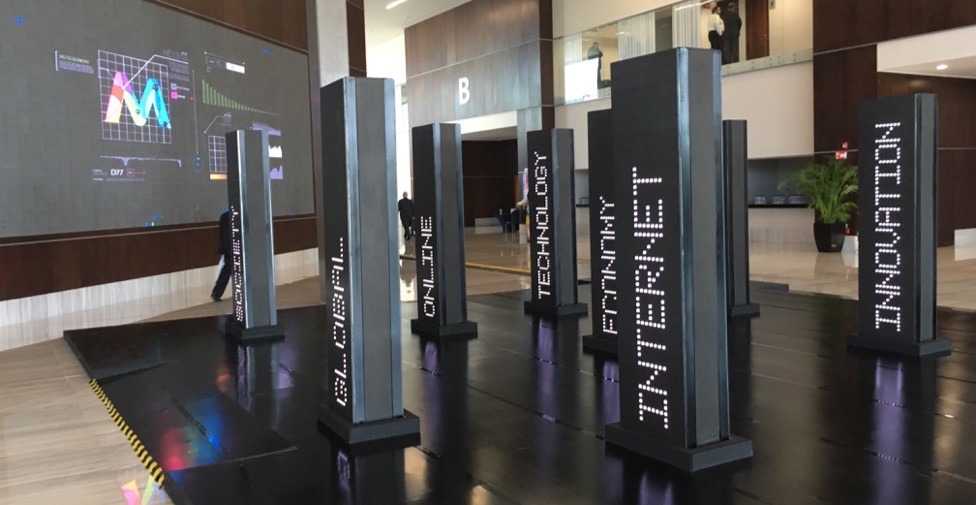With the DNSSEC Root Key Rollover coming up on October 11, how prepared are we as an industry? What kind of data can we collect in preparation? What is the cost benefit (or not) of implementing DANE? What can we learn from an existing rollover of a cryptographic algorithm?
All those questions and more will be discussed at the DNSSEC Workshop at the ICANN 62 meeting in Panama City, Panama, on Monday, June 25, 2018. The session will begin at 9:00 and conclude at 12:15 EST (UTC-5). [Note: this is one hour different than current US Eastern Daylight Time – Panama does not change to daylight savings time – and so this will begin at 10:00 EDT (UTC-4).]
The agenda includes:
- DNSSEC Workshop Introduction, Program, Deployment Around the World – Counts, Counts, Counts
- Panel: DNSSEC Activities and Post Key Signing Key Rollover Preparation
- DANE: Status, Cost Benefits, Impact from KSK Rollover
- An Algorithm Rollover (case study from CZ.NIC)
- Panel: KSK Rollover Data Collection and Analysis
- DNSSEC – How Can I Help?
- The Great DNSSEC/DNS Quiz
It should be an outstanding session! For those onsite, the workshop will be in Salon 4, the ccNSO room.
- WATCH LIVE: https://participate.icann.org/pty62-salon4
- More info and slides are available from these URLs (ICANN’s online schedule system breaks it up into sections based on breaks and lunch):
- 9:00-10:15 – https://62.schedule.icann.org/meetings/699560
- 10:30-12:15 – https://62.schedule.icann.org/meetings/699556
Lunch will follow. Thank you to our lunch sponsors: Afilias, CIRA, and SIDN.
The DNSSEC Workshop will be followed by the “Tech Day” set of presentations from 13:30 – 18:30 EST. Many of those may also be of interest. They will also be streamed live at the same URL.
As this is ICANN’s smaller “Policy Forum” schedule, there will not be either the “DNSSEC for Everybody” session nor the “DNSSEC Implementer’s Gathering” as there is at the other two ICANN meetings each year. Also, as I am not able to travel to ICANN 62, I want to thank Jacques Latour for stepping in to help with the usual presenting and emceeing that I do.
Please do join us for a great set of sessions about how we can work together to make the DNS more secure and trusted!
If you would like more information about DNSSEC or DANE, please visit our Start Here page to begin.
Image credit: ICANN
The post Watch Live On Monday, 25 June – DNSSEC Workshop at ICANN 62 in Panama appeared first on Internet Society.


